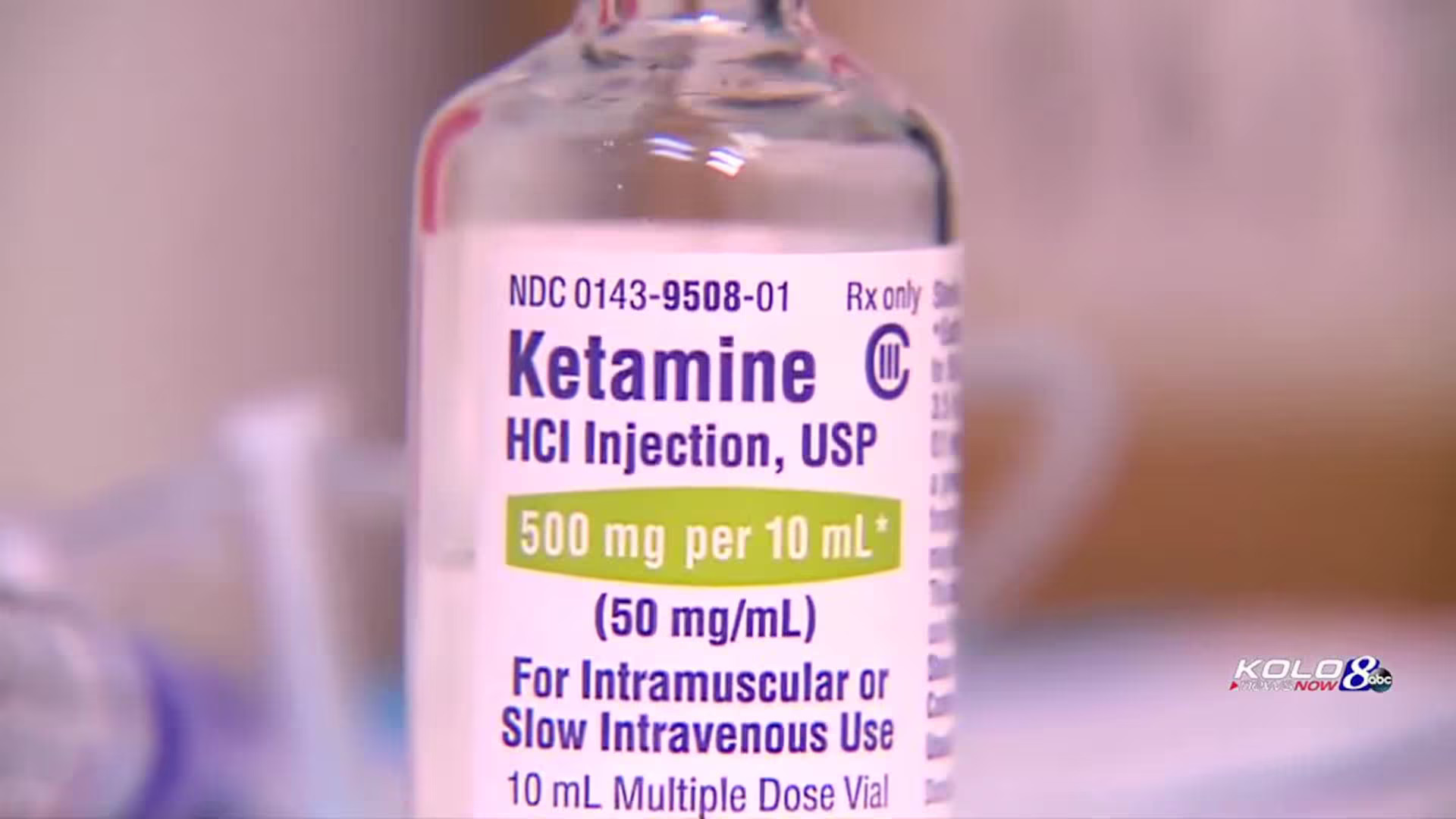August 19, 2024
KOLO: Ketamine’s Legitimate Use and Illicit Abuse
RENO, Nev. (KOLO) – Ketamine is used on patients to sedate them during surgery.
But often this drug is being used to treat patients with depression, anxiety or Post Traumatic Stress Disorder.
“In the year 2000 a paper came out showing very low doses were incredibly effective for depression,” says Dr. Robert Watson, owner of WellCentric Health in Reno. “In 2006, a validating study came out and since then there have been numerous studies validating Ketamine’s efficacy. But it has to be in low doses.”
In a clinical setting the drug is administered intravenously for 40-minutes two times a week initially.
After two to three weeks, patients will come back for maintenance treatment. After a time, Dr. Watson says patients may not have to come back at all.
That’s because the drug increases brain activity, increasing or rebuilding receptors in the brain and body.
“It has no physical addiction like tobacco or alcohol or heroin,” says Dr. Watson. “Meaning if you have been using the drug for a period of time and you stop that drug, the body does not react negatively.”
That doesn’t mean some could not develop a psychological addiction to Ketamine.
Which is why certain patients in a clinical setting unable to receive more of the drug turn to the street drug Ketamine. Despite the fact, the pharmaceutical drug in large doses does not produce enhanced results.
Studies show street Ketamine’s packaging can be indistinguishable from the controlled substance. Typically, an analysis of the street drug Ketamine shows it has little if none of the pharmaceutical drug– sometimes that is replaced by Fentanyl.
The street drug is used to produce dissociative feeling or hallucinations.
Dr. Watson worries Perry’s death may leave observers with a bad impression of Ketamine.
“Just like when Michael Jackson died of Propofol, people were horribly afraid of Propofol,” says Dr. Watson. “Yet it is incredibly effective desirable drug. Anesthesiologist love Propofol because of how quickly its onset is metabolized and a patient feels like they’ve had a wonderful nap.”
According to published reports, Perry could not receive more Ketamine than he was receiving in a clinical setting to treat substance abuse problems.
He used his money and influence to obtain the drug through illegitimate means. A coroner’s report says he drowned in his home’s hot tub as his body was not able to react once it went underwater.
Ketamine, Dr. Watson says can change a patient’s life. But he says it must be administered in a clinical setting, and in many cases with a team who can monitor the mental and physical effects of the drug on each individual.
For more information: WellCentricHealth.com






